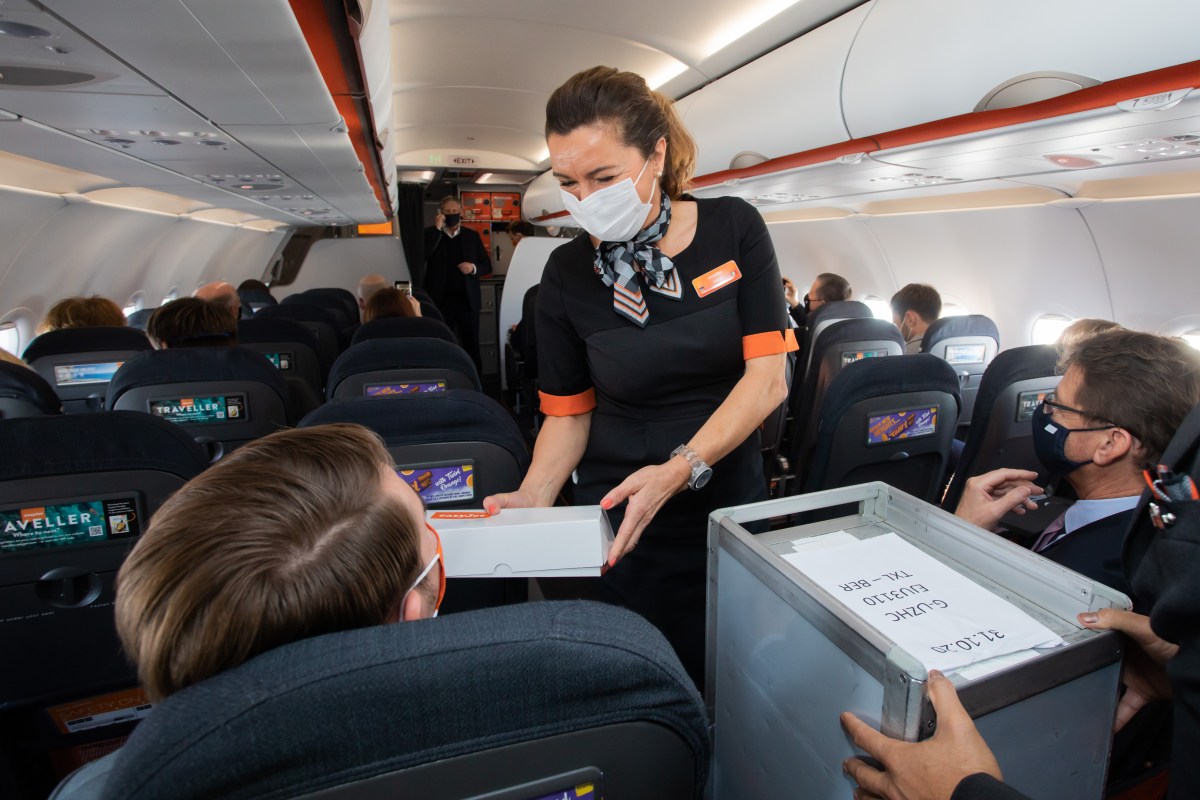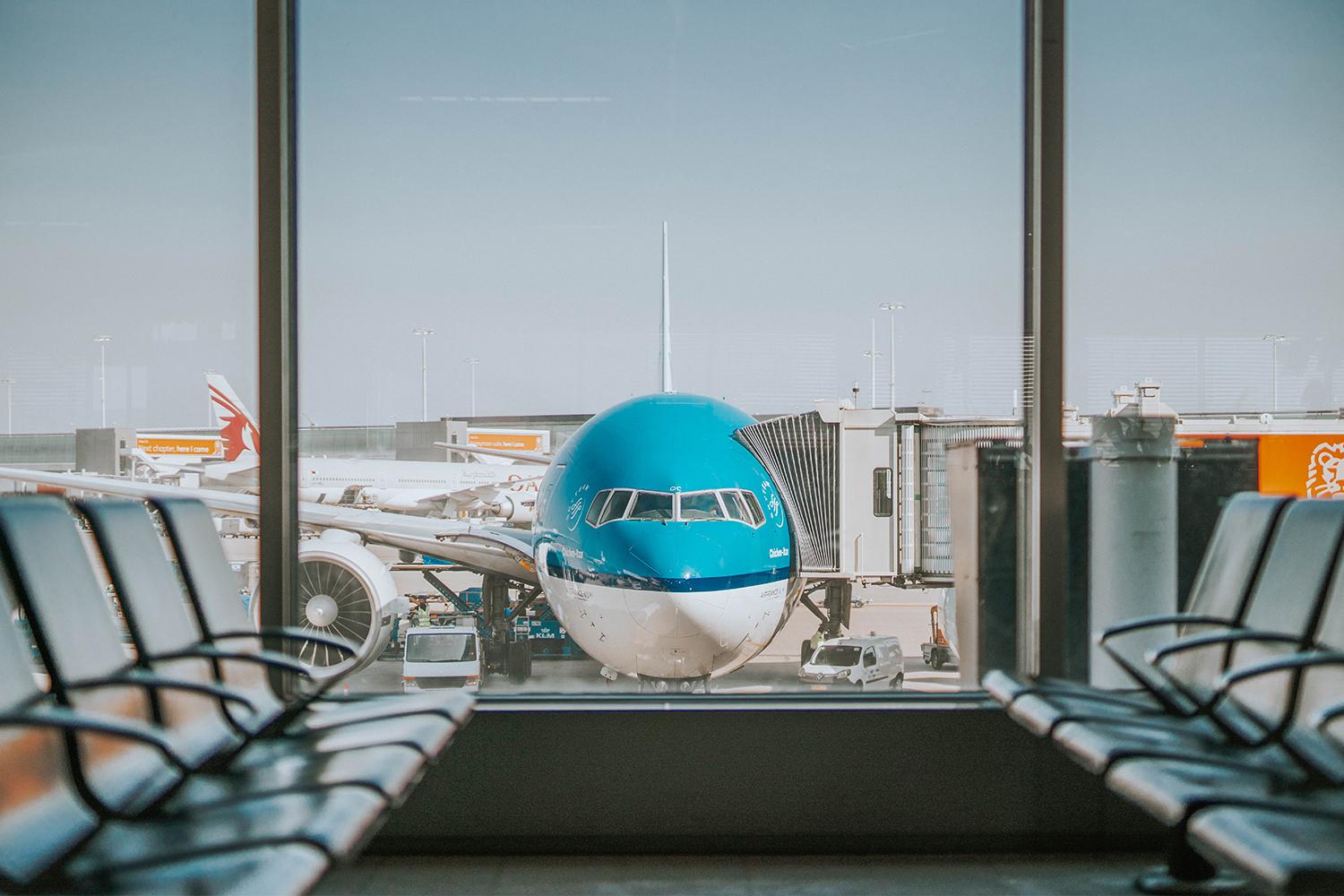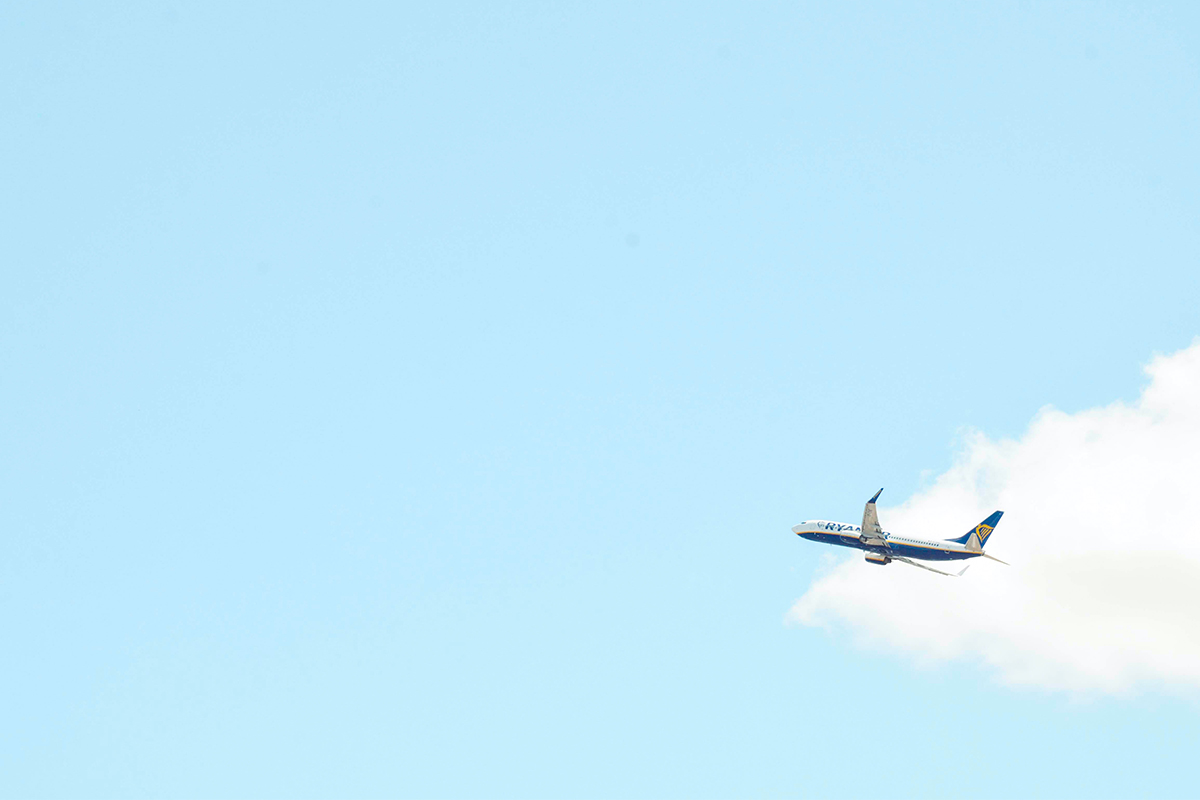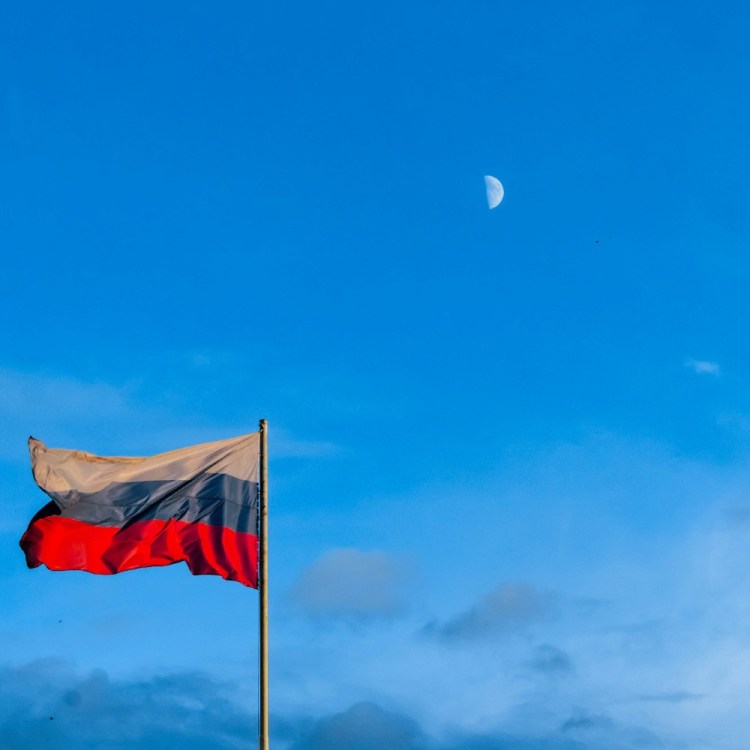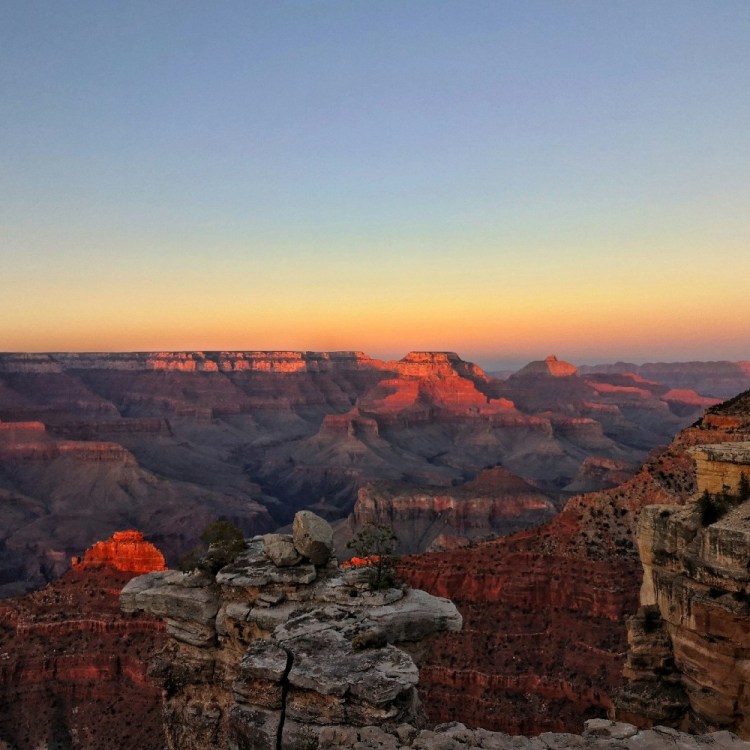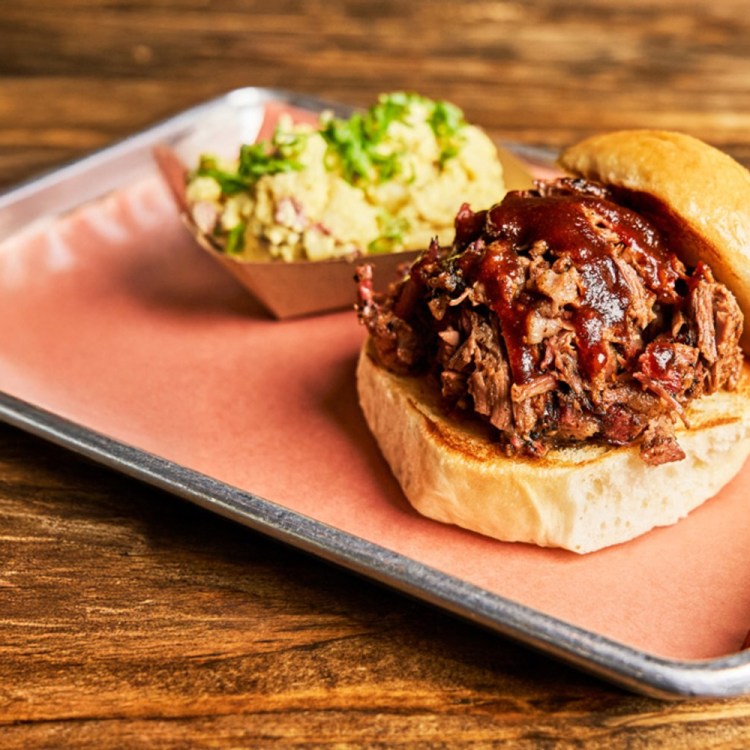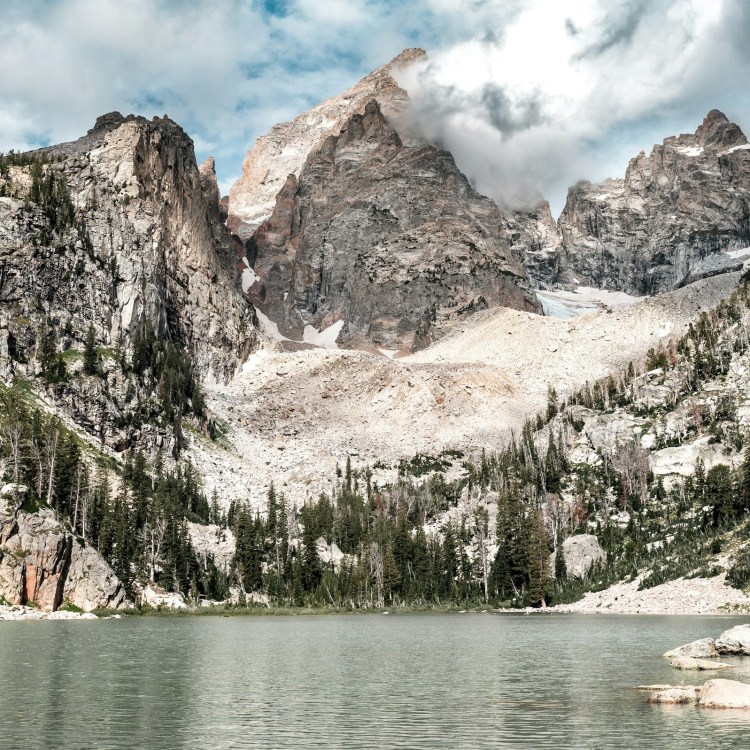Since March, most airlines have refrained from offering their usual in-flight snacks and drinks in order to reduce the risk of COVID-19 spread, but as a new Washington Post piece points out, some have begun to bring back cabin service on longer flights. But, as new coronavirus cases continue to spike across the country, is it safe to take off your mask and eat on a plane?
Experts say it’s still safer to bring your own food and drink onto the flight rather than relying on cabin service. “People contact remains the main issue, even if masked,” David Freedman, an infectious-disease specialist at the University of Alabama who has reviewed studies on in-flight transmission, told the Post. He cited a recent Harvard University study which determined that eliminating cabin service reduces the risk of droplets being spread throughout the aisle of the plane and also discourages passengers from “demasking with their neighbors.”
In other words, when passengers bring their own food, the study notes, “the removal of face masks will likely be more staggered such that not all passengers at a given time will be without masks.”
Bradley Pollack, the associate dean of public health sciences at the University of California at Davis, told the publication he wouldn’t feel comfortable on a flight that resumed cabin service. “I would not be happy if a flight attendant physically reaches over me to serve a window seat customer their drink,” he said. “I’d also like my row mates to keep their masks on as much as possible.”
United, American and Jet Blue have resumed some in-flight food and drink service on many of their routes, while Delta, Alaska and Southwest still do not offer it at all on their shortest flights. (On longer flights in the 500-900 mile range, pre-packaged snacks and drinks are available by request.)
Thanks for reading InsideHook. Sign up for our daily newsletter and be in the know.
